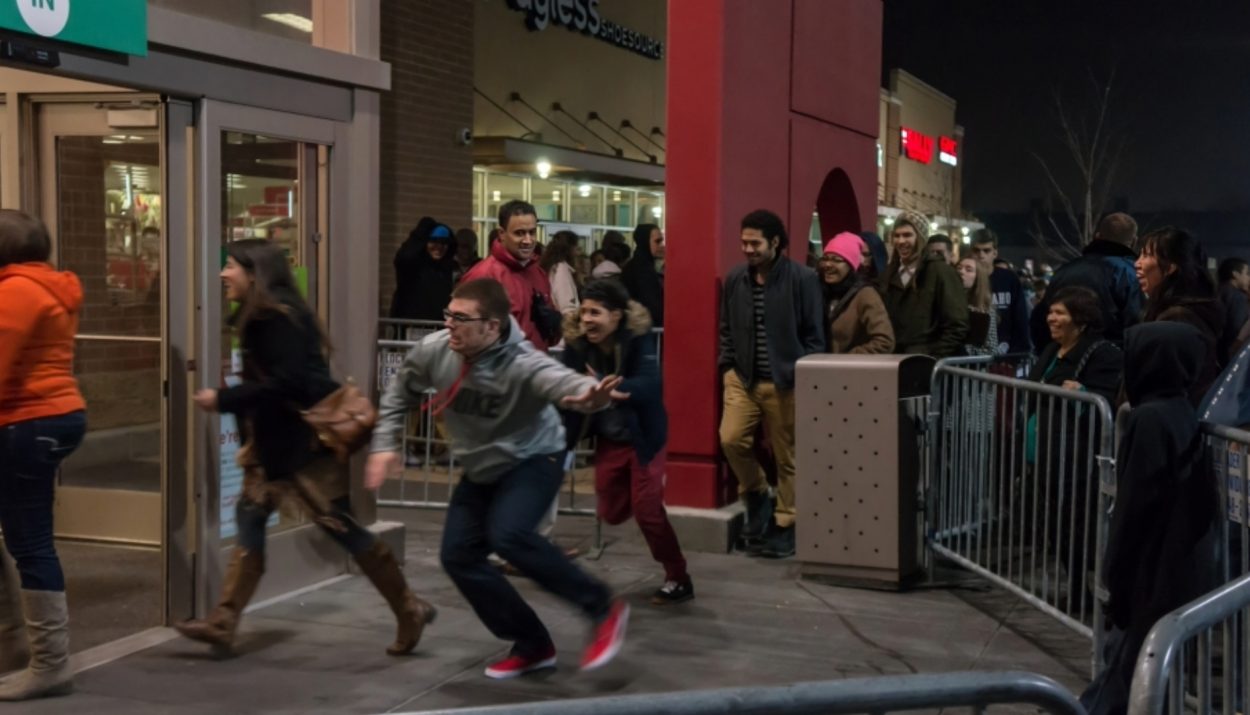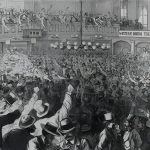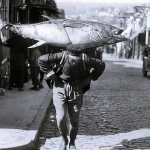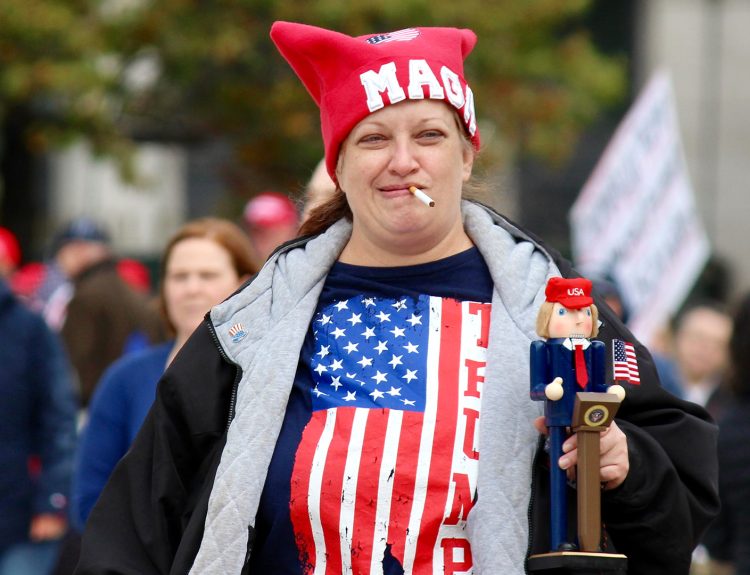The holidays are a time where American consumerism is at its peak. Retails stores are pushing constant sales, online shopping rates soar, and people are generally out to have a good time and spend some money ahead of Christmas. The most famous shopping day of the year is, of course, the day after Thanksgiving, but the origins behind “Black Friday” might surprise some people.
The Historic Origin of the Term
The first use of the term “Black Friday” historically actually has nothing to do with the massive American shopping spree. It originally was used to refer to a day back in the nineteenth century, where the stock market took a plunge and bankrupted thousands of people.
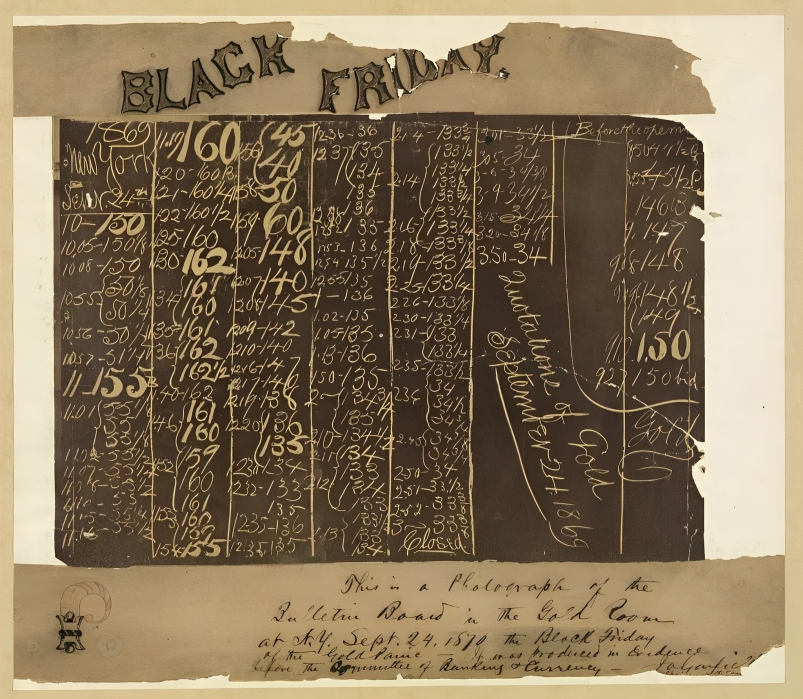
The story goes that in 1869, American stock market financiers Jim Fisk and Jay Gould bought up a ton of gold stock with the intent of driving up the price and short selling on the inflated market. President Ulysses S. Grant intervened before they could do too much damage, and the resulting fall of the stock market bankrupted thousands and sent the stock market into a recession.
What Most People Believe About Black Friday
This is a fascinating story, but not one that many people are familiar with. In fact, most people believe that the reason the shopping day after Thanksgiving is called “Black Friday” is because it’s the day that American retail establishments finally take their sales from the red, into the black.

The origins of this theory are twofold. The first is that most people believe that for the majority of the year, retail establishments operate at a loss in order to buy product and pay employees. Massive sales on Black Friday and beyond allow them to finally make a profit for the year. While a nice story, this is also inaccurate.
Some Believe in Darker Stories, No Matter How False
Another, darker rumor of the term comes out of the South. Some believe that prior to emancipation in the 1800’s, the day after Thanksgiving allowed for white slave owners to buy Black slaves at a discount. This theory is abhorrent and has caused some to call for a boycott of the shopping holiday, but it’s also untrue.

The true origin of the term Black Friday is a little darker, and more distasteful than many retail establishments would want consumers to believe. Corporations are the ones who first started pushing the “red to black” narrative in the eighties, in the hopes that it would distract shoppers from the true origins of the term “Black Friday.”
The Real Story Is Both Simpler and More Complicated Than You’d Think
The real origins of the modern Black Friday go back to the 1950’s, in Philadelphia, Pennsylvania. It was a term that was used by police forces around the city to describe the chaos that they would have to endure and work through during the weekend after Thanksgiving.

In Philadelphia at the time, the Saturday after Thanksgiving was the day of an enormous Army-Navy football game that was held in the city. The day before, thousands of suburban individuals would travel into Philadelphia in order to see the game, and do some shopping in the meantime.
Chaos Overtaking the Narrative
The chaos that would overtake the city during the three day period after Thanksgiving was intense. Not only were police not allowed to take the holiday weekend off to spend time with their families, but they had to work extra long hours in order to help manage the massive crowds and increased violence that took the city.

The chaos was so widespread that shoppers would even take advantage of the confusion to make off with merchandise. The news about the “event” was so widespread that by 1960, companies were trying to rebrand the day as “Big Friday” instead, to give the day a positive spin.
A Rebrand for the Modern Age
The marketing plot didn’t work, and even by 1985 the term “Big Friday” still wasn’t in wide use across the country. Instead, they changed their focus on the narrative and began to spread the “red to black” story that was mentioned earlier, no matter if it was accurate or not. This rebrand stuck, and Black Friday started to spread.

Companies even went so far as to push the narrative that Black Friday was the biggest shopping day of the year, in order to further remove the concept from its less-than-favorable origins. In truth, the Saturday before Christmas is the day that most retail stores see their biggest sales, but the public gobbled up the adjusted narrative and it stuck.
Black Friday Today
Today, many people know Black Friday as a day of either fun shopping or a horrific day of work in retail. Videos of people getting violent over sales prices have perpetrated since the formation of Youtube in the mid-2000’s, and the sales have slowly extended through the weekend and before Black Friday itself.
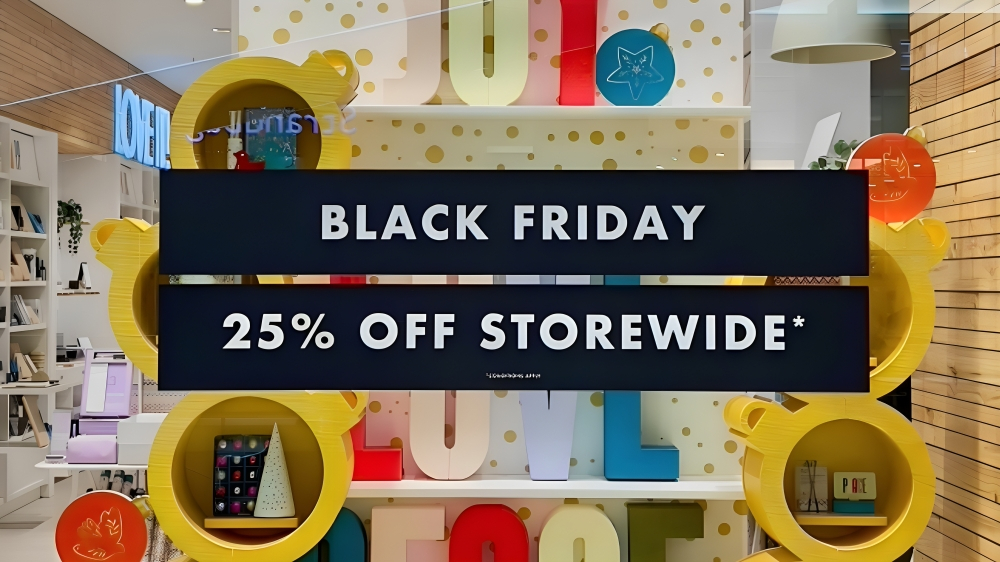
Other mini holidays, such as Small Business Saturday and Cyber Monday have helped to push the popularity of Black Friday and the retail weekend following Thanksgiving. While there are growing calls for retail corporations to respect the holiday and keep sales only to Friday itself, it doesn’t look like corporate greed is going to yield to public opinion anytime soon.
Safety Above All Else On Black Friday
The narrative around Black Friday will always be one of mass consumerism, whether you ascribe to the false “red to black” story or understand the two true origin stories. Regardless of the possible negatives, it can also be a day to create memories with family, and to save some money ahead of Christmas.

Modern technology allows for consumers to get their best deals on their phones, and have the items delivered to their home. Nobody has to go out and shop anymore if they don’t want to, let alone risk any violence or danger, and the massive crowds that originally sparked the term “Black Friday” in Philadelphia may soon be a distant memory of the past.

